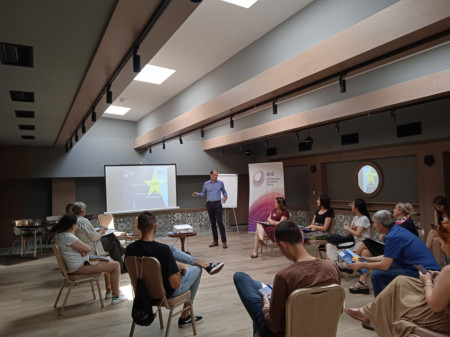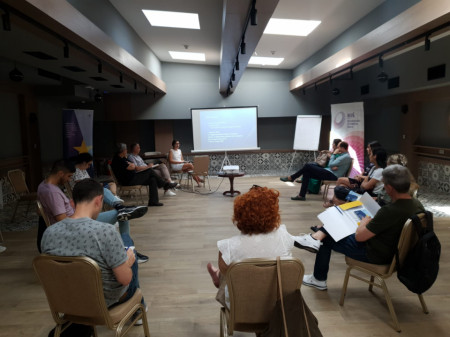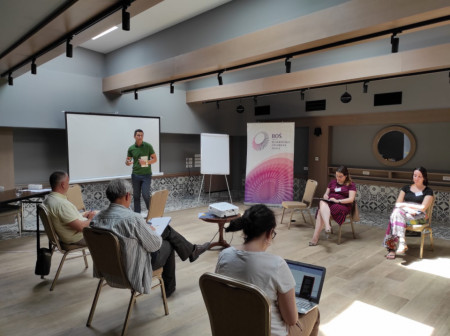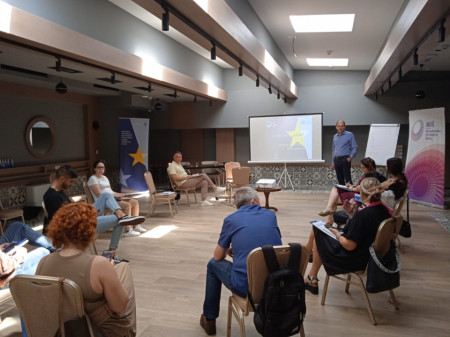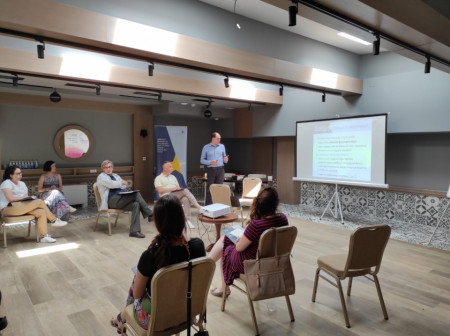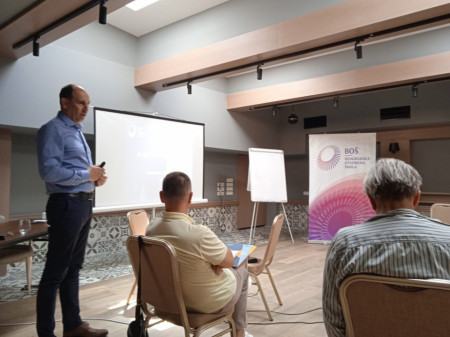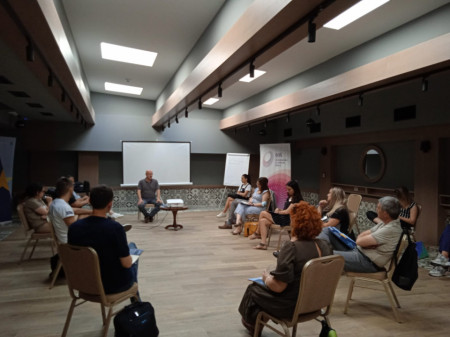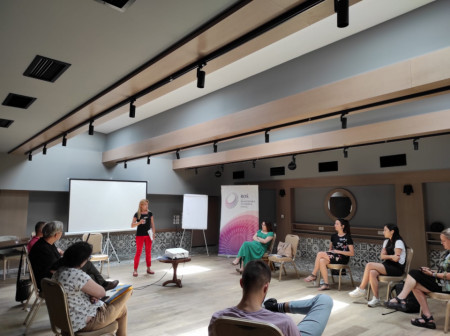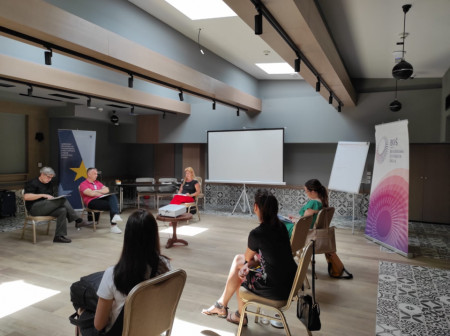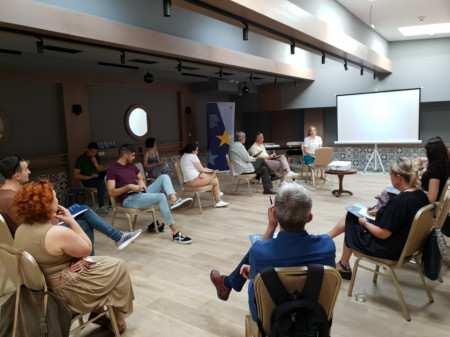Corruption is one of the main obstacles for the implementation of the comprehensive reforms on Serbia’s European Union accesion process. The corruption permeates every part of the Serbian society. Increase of corruption leaves an impact on the already fragile democratic institutions, as well as state capture. Constant education and raising awareness on this topic are extremely important for the progress and development of every country.
Additional strengthening of the capacities of CSOs and media organizations, developing internal procedures in order to recognize corruption, as well as gaining skills and knowledge on how to implement anticorruption measures in practice, are the most important preconditions for transparency, institutional openness and reinforcing democratic values.
The fighting against corruption is of great importance for Serbia given that it’s part of the negotiational Chapter 23 together with judicial reform. Media and public procurement, as well as the accession to the information of the public importance, are also spheres that are strongly affected by the rise of the corruption. Corruption can also be found in civil society organizations, so it is necessary to provide adequate training in order to strengthen their resilience, and prevent possible spread of corruption.
Anticorruption measures, the importance of their implementation and strengthening the capacities of CSOs were main topics of the training “Anticorruption and society: Serbia in 2021“ which took place in Sokobanja, from Jun 23 to 25, and was attended by the 11 representatives of partner organizations.
The training was organized by the Belgrade Open School within the project "Civil Society as a Force for Change in Serbia’s EU Accession Process", supported by the Kingdom of Sweden.

